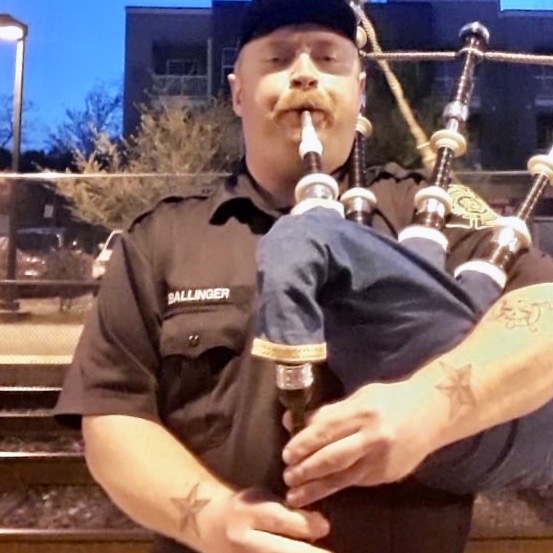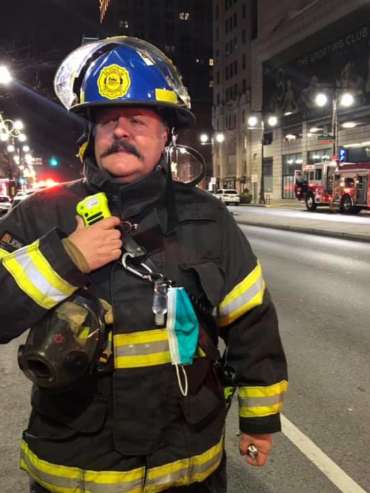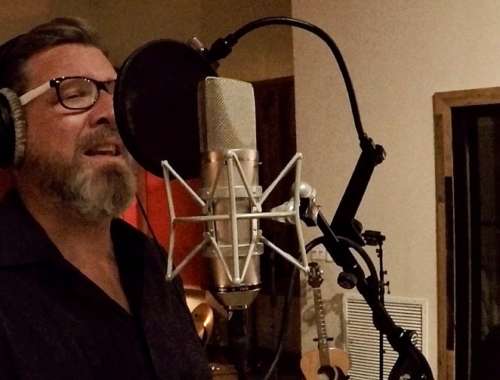For the members of the Philadelphia Police and Fire Pipes & Drums, the most disappointing impact of the coronavirus shutdown came just days after the March 13 shooting death of Philadelphia Police SWAT Cpl. James O’Connor.
No obligation is more sacred to them than playing as a band in tribute to a fallen police officer or firefighter who suffers a line-of-duty death. That solemn tradition was off the table as the pandemic triggered the shutdown of all but essential services, together with the directive to avoid large public gatherings.
Mark O’Donnell is the unit’s Pipe Major. He’s also a Philadelphia Fire Service Paramedic. Under normal circumstances, the band would have turned out in force for a police officer’s funeral. “But it had to be postponed,” he says. “I’ve just never seen anything like this. We’ve always had that tradition.”
That tradition pertains to other people—not always firefighters or cops—who request bagpipers at graveside. Sometimes it’s a single piper, other times a mini-band. And always a full band for a line-of-duty death.
“Bagpipes are an important part of funerals,” says O’Donnell, a piper for 40 years, who has been working countless hours since the pandemic took hold in Philadelphia. More than once, he has seen otherwise gruff, stoic, seen-it-all police officers and firefighters break down in tears at the sound of “Amazing Grace.” “In many regards,” he says, with more than a tinge of regret, “the pipes are silenced. It’s a difficult time for everybody.”
One other major disappointment: The band had been chosen as the host band for National Police Week in Washington, D.C., in May. Now, all of that is off the table as the event has been canceled.
In the meantime, band members have had to get creative and develop workarounds. In some cases, pipers have had themselves recorded on video to share with family members who otherwise would have requested a piper at graveside.
Another example: Single bagpipers, members of the band, have taken to playing at sunset outside their police or fire stations. “It’s something that is being done now,” O’Donnell says. “It started a couple of weeks ago.”
Aside from those inventive ways to keep the music alive, members of the band have been doing the best they can to keep up their other longstanding tradition: camaraderie.
There’s a close relationship between members of the police and fire departments and health care workers. The band has paid for meals for providers at Temple University Hospital. “On Monday, it was the intensive care unit. Wednesday, it was the Covid-19 unit. On Friday, they provided meals for the emergency department. “It seems like the least we can do,” O’Donnell says.
For now, O’Donnell and his colleagues in the Police and Fire Band are just going to go out every day and do their jobs—often against daunting, exhausting odds—but they’re confident they’ll be back.
“All of that tradition is on hold right now,” O’Donnell says. “Our first obligation is to be on the street. Almost all of us are members of the police or fire department, so we’re just out there working non-stop. But we know we’re going to get together at some point. We will play again.”



